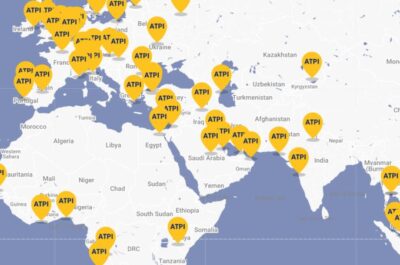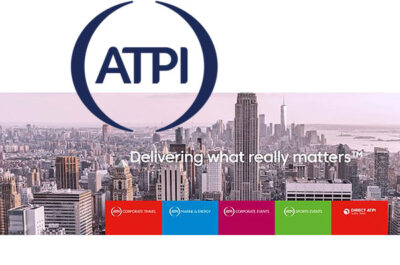Charters are also more time efficient and they can travel to a wider variety of airports, often getting closer to an eventual destination than if relying on the flights of a scheduled carrier’s route network – especially in an environment with multiple airline failures.
While international organisations seek alternatives to conventional ways of travel in a time of great uncertainty, one option is rapidly growing; private air charters. Once thought of as a niche, expensive and a last-resort kind of commodity, charters are increasingly being sought out for the convenience and protection they provide over commercial flying during a pandemic.
Reassurance over passenger safety, personalisation, flexibility and the opportunity to easily manage fast-changing scenarios are key in the success of the air charter industry, especially for industry sectors where people must travel in order to carry on essential services. Part of the rising demand for charters – particularly in sectors such as shipping – is directly related to the reduction in scheduled flights, both when borders close and as a result of airlines reducing routes. As corporations tentatively return to global travel during the Covid-19 pandemic, businesses are seeking stronger control over travel arrangements in order to ensure people are kept safe and well on a journey.
Charters are also more time efficient and they can travel to a wider variety of airports, often getting closer to an eventual destination than if relying on the flights of a scheduled carrier’s route network – especially in an environment with multiple airline failures. Financially, charter flights are generally not for the faint hearted however, in these unprecedented times, businesses with similar route requirements are collaborating in ways never experienced before.
At ATPI, we have seen an increase of several hundred per cent in private charters being booked per quarter, with most within our specialist ATPI Marine & Energy business. Opportunities for collaboration and synergies are present across other business sectors too – even the global corporate events industry planning for 2021. While charters aren’t yet part of the day-to-day fabric of business travel across all sectors, they are increasing being explored by industries where travel is a critical part of their operations.
Bringing together our knowledge of the important routes in the shipping and energy industries, we’ve operated our own charter flights in conjunction with numerous organisations. By being part of a supportive industry with common goals and challenges, we’ve been able to identify the destinations that particularly needed air capacity and operated flights that both our clients and other organisations have been able to access in order to repatriate their people. It’s a solution to the cost challenge of charters that we can see working in other sectors.
For example, the corporate events industry could take the energy and maritime sector as an example of successful collaboration between different partners. The events industry has been one of the hardest hit of the COVID-19 pandemic with everything from the Olympics to ITB Berlin being postponed or cancelled, but it is very hard to imagine face-to-face events disappearing forever. Charters could help the global event industry restart as bringing people together continues to be crucial for corporates. With strict guidelines and a little creativity, companies could once again be able to host successful events that spearhead business growth.
Sports travel is tipped to be the fastest-growing sector in the air charter industry in 2021. Major sporting events have been moved back 12 months and teams, corporate sponsors and even fans might choose to charter rather than travel with a scheduled airline in a bid to have greater control over health risks, as well as timings and destinations.
The key for success might lie in the word collaboration, for instance if more organisations partner up, the cost of chartering a flight to an event could be reduced. We have already seen the benefits of working creatively with our clients in a number of ways in the shipping and energy industry to reduce the huge financial outlay that a charter brings. This has included looking across our clients and their industry sectors to recognise routes and destinations that are popular hubs and making seats available on private charters to other businesses with similar travel challenges.
Market demand for charters is there, and it is beginning to move into other industry sectors as organisations plan for the future of how they may move their people. As a TMC with specialist skills in this area, we continue to hone our knowledge and adapt to a changing market where there is greater need for charters.
John Nixon is the global director of operations at the ATPI Group.




























































































































































































